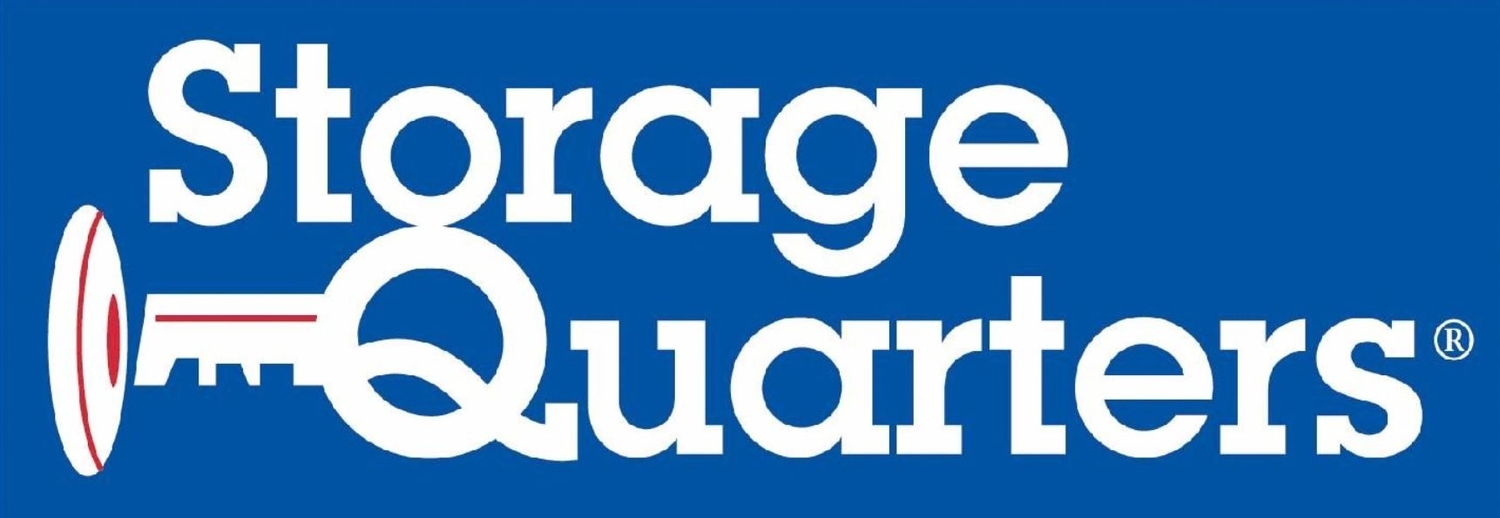Medical records present unique privacy issues as they contain some of the most vital private data you have. Their proper care up to and including the destruction (and proof thereof), is not only of utmost importance but it is also an issue of legal liability.
When converting your medical records to a digital format these issues should be at the forefront of your considerations.
What Counts as a Medical Record?
From a legal standpoint, medical records are the composite of any and all communications that are associated with a person's physical or mental health. This includes data that is recorded in any medium – from handwritten prescriptions to digital files of x rays and beyond.
Anything that is related to diagnosis or treatment is considered a medical record.
How Long Are Medical Records Kept?
The answer to this one varies. In most cases the average is usually 5 to 10 years. Since there is no national edict on the matter, it is left to the states. This results in wide variances in the amount of time mandated by law.
In New York, the legal requirement is a minimum of six years. Specifically the regulations say: “Medical records shall be retained in their original or legally reproduced form for a period of at least six years from the date of discharge or three years after the patient's age of majority (18 years), whichever is longer, or at least six years after death.”
Can Medical Records Be Digitized?
Yes, medical records can be digitized.
The big push to convert to electronic medical records (EMRs) was already underway as far back as 2009. Since then, it has become an increasingly common practice – with an eventual goal of 100% adoption.
At Storage Quarters, we offer scanning and digitization services operated by staff well-versed in HIPAA requirements for EMRs for just this purpose.
What Are Some Benefits of Digitizing Medical Records?
There are many benefits to adopting EMRs. Digitizing your personal data allows easier and faster access by your treatment professionals… promoting better coordination and more efficiency. A few of the many additional benefits include, but are not limited to:
Reduction of errors leading to safer care
More convenience
Streamlined coding and billing
Enhanced privacy
Less paper and space wasted
How Do You Protect Medical Records in Electronic Formats?
The two most important things you can do to protect your digital medical records are limiting access to them and making sure to use solid encryption. Access to these records and databases should be monitored and logged. Encryption and security measures like two-factor authentication are vital in safeguarding the files from unwanted access.
What Are the HIPAA Rules for Storing Medical Records?
HIPAA rules are comprehensive on this matter. The Security Rule is their bedrock.
"The HIPAA Security Rule requires physicians to protect patients' electronically stored, protected health information (known as “ePHI”) by using appropriate administrative, physical and technical safeguards to ensure the confidentiality, integrity, and security of this information."
Cloud storage providers must enter into written agreements with their end user before any Personal Health Information (PHI) is added or utilized. Physical records make things more complicated. They must be stored securely out of view by unauthorized eyes.
Storage Quarters Is Your HIPAA Experts
For more than 35 years, Storage Quarters has been a go-to name for handling high security documents – whether it's for storage or certified destruction.
Our staff has extensive training in HIPAA compliant data security for your protection. We provide certified hard drive destruction with fully compliant chain of custody documentation including Certificate of Destruction. Contact Storage Quarters today and rest assured that your most sensitive data will be treated with the utmost precision and care.

